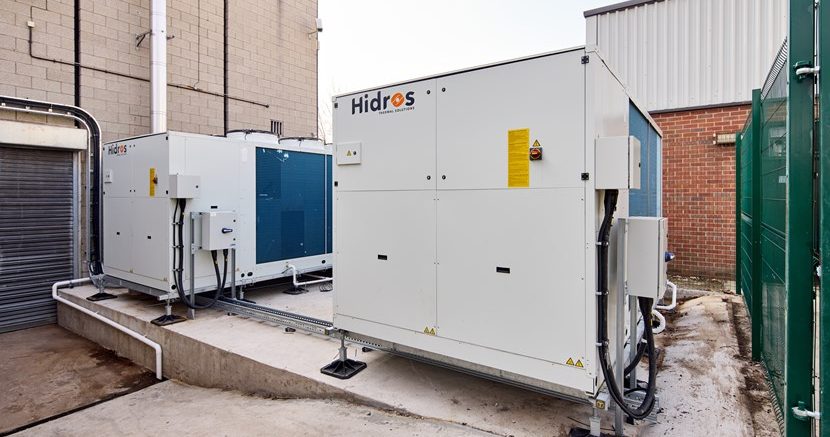Work to spend more than £25m on green upgrades across 40 public buildings in Leeds has hit a significant milestone with confirmation that installation work is finished at more than half of the sites – with almost 30 jobs created.
Eight leisure centres, twelve primary schools, four homes for older people, two popular attractions, four civic buildings, a children’s centre, a community hub, and six other council-owned buildings across the city are all receiving upgrades.
When work completes in June the scheme is expected to have reduced the city’s carbon footprint by more than 4,000 tonnes each year.
More than 7,500 solar photovoltaic panels are being installed as part of the programme. The panels mean that dozens of council buildings will soon become part—or on good days fully—powered by local renewable electricity, helping to reduce the council’s reliance on increasingly expensive and less clean energy imported from the national networks.
61 new heat pumps and four new connections to the low carbon Leeds PIPES district heating network will also reduce the council’s use of gas combustion boilers, helping the authority save money and improve local air quality.
Leeds City Council bid for the funding last year as part of the ‘Public Sector Decarbonisation Scheme’ from the Department for Business, Energy and Industrial Strategy.
The programme has helped to stimulate and create skilled local jobs in Leeds’ growing green economy. Because of the council’s investment in sustainable heating, Cenergist, a key private sector partner recruited 27 new staff in Leeds and opened in first office in the city.
Colin James Lewis, Leader of Leeds City Council said:“Leisure centres play a key role in Leeds’s sporting life, we are proud of their track record of inspiring and training the next generation of sporting stars, as well as helping residents to live healthier, more active lifestyles.
“It is really pleasing to see the progress being made across the city through the Public Sector Decarbonisation Scheme and I look forward to seeing the schemes impact on tackling the climate emergency.”



